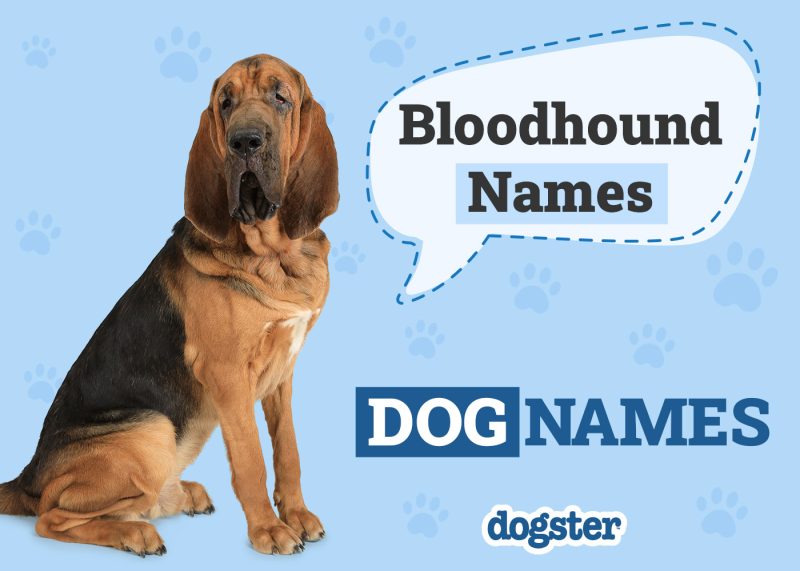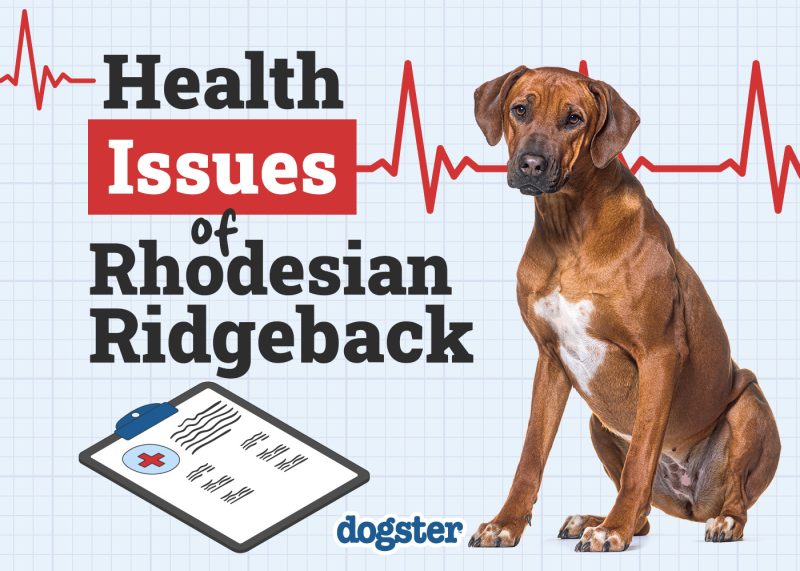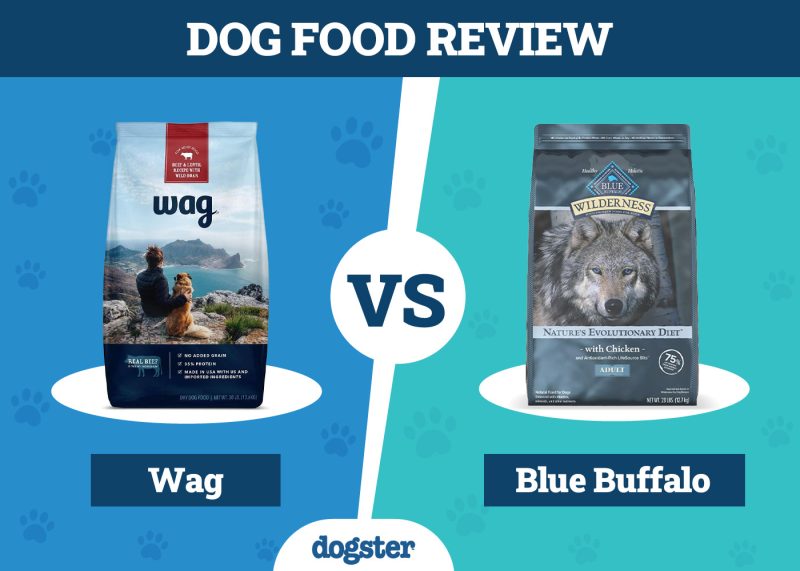Canine Cognitive Dysfunction Syndrome (CDS) is estimated to affect 14% to 35% of all dogs, although it’s difficult to pinpoint the exact prevalence due to the difficulty in diagnosing and lack of centralized reporting. In a recent report published by the University of Washington’s Dog Aging Project, about 3% of 11,574 dogs had diagnostic scores above the clinical threshold for CDS. Most veterinarians agree that about a third of all dogs will develop some degree of cognitive decline as they age, with perhaps 10% to 20% progressing to CDS.

Symptoms of Dog Dementia (Canine Cognitive Dysfunction Syndrome)
Most signs of CDS begin around 9 years of age, with females, especially spayed dogs, being predisposed. Early research indicates neutered males may experience more rapid progression of CDS than intact dogs. These findings suggest hormones may be involved in the development or progression of CDS.
Many vets use the acronym “DISHAA” to help dog owners recognize CDS. DISHAA stands for: Disorientation; Social Interactions; Sleep/Wake Cycles; House soiling, Learning and Memory; Activity; and Anxiety.
Some of the most common canine cognitive dysfunction symptoms include:
- Wandering aimlessly throughout the house or yard
- Anxiety
- Confusion
- Urinating and defecating in the house
- Pacing, most often at night
- Less interaction with owners
- Not recognizing familiar people, animals, or commands
- Less interest in eating, playing, walking, and socializing
- Restlessness
- Waking up in the night; increased daytime sleeping
- Inactivity
- Increased vocalization, frequently at night
- Approaching the wrong side of a known door opening
- Inability to locate food dropped on the floor
- Appearing to become lost in a familiar environment
If your dog is showing these signs, we suggest you speak to a vet.
If you need to speak with a vet but can't get to one, head over to PangoVet. It's our online service where you can talk to a vet online and get the advice you need for your dog — all at an affordable price!

Treatment and supplements for cognitive dysfunction syndrome
Similar to Alzheimer’s disease, there is no specific treatment for CDS. You can offer your dog several lifestyle and nutritional interventions, along with one particular medication. The drug of choice for most veterinarians confronting CDS is selegiline (L-deprenyl) hydrochloride (trade names Anipryl, Eldepryl, Carbex, and generic). Cognitive dysfunction is associated with decreased levels of the brain neurotransmitter dopamine, and selegiline helps prolong dopamine activity. It also reduces free radicals in the brain, further enhancing its effects.
While far from a panacea, I advocate selegiline usage in my CDS patients. I typically give the standard dose for 2 months, and if there’s no change, I double the amount for an additional month. If the dog still isn’t improving, we discontinue. Approximately 5% of dogs can’t tolerate selegiline. Side effects include vomiting, diarrhea, appetite loss, itchy skin, tremors, drooling, listlessness, disorientation, diminished hearing, or restlessness.
Diets rich in antioxidants and essential fatty acids have been shown to improve cognitive function and slow decline. There are therapeutic diets formulated specifically to aid dogs suffering from CDS, including Hill’s Prescription Diet b/d and Purina Pro Plan Veterinary Diets NC NeuroCare.
In addition to a special diet, I advise supplementing with the fatty acids DHA and EPA. Besides being potent antioxidants, several studies conclude that DHA/EPA can help enhance brain function. I also recommend supplements rich in medium-chain triglycerides (MCTs), such as Senilife, to my patients experiencing cognitive decline.
MCTs provide an alternative energy source for brain cells and may improve mitochondrial activity in neural tissues. SAMe is on my list of supplements for most older dogs and certainly for those suspected of CDS. In a couple of small studies, SAMe was shown to decrease clinical signs of CDS and improve executive functions.
Regular aerobic physical activity is essential in helping slow CDS and preventing mental decline in general. In addition, environmental enrichment is necessary for a healthy canine brain. Social interactions, new toys, learning new commands, and engaging in new activities have been shown to preserve a dog’s brain function and learning abilities.
Chloe’s CDS story
“It’s hard to describe. She just seems somehow off. Like she’s becoming more forgetful.” Seated across from me was Chloe, a 9-year-old Yorkie lounging between a loving 60-ish couple. This was our first visit, and they were obviously terribly concerned.
“Just the other day, when I called her name for a treat, she looked right at me as if she didn’t understand a word I said. I put her favorite cookie on the floor, and she just walked away.” I had an idea. I gently removed my stethoscope from around my neck and dropped it loudly onto the floor behind me.
Chloe immediately perked up and looked toward the sound. OK, her hearing and ability to localize noises appeared intact. “I agree that something may be wrong. That was a simple test of her hearing and ability to process sensory information. Older dogs often develop hearing and vision loss, leading to abnormal behaviors like you described. Let’s start with a thorough physical exam to find out what may be causing her symptoms.”
Both pet parents let out an audible sigh of relief. “Thank you for believing us. You’re the third vet we’ve seen, and each time, we left feeling like we were losing our minds or overreacting.” “I learned early in my career to trust the pet owner when they say something’s wrong. You know your dog better than anyone else. It’s my job to translate your feelings and my findings into a diagnosis.”
Several minutes later, my examination concluded that Chloe was an exceptionally healthy senior dog with no discernable sensory deficits or physical abnormalities. The next step was to perform a battery of blood and urine tests to eliminate any hidden illness as the culprit.
“While waiting for the test results, I want you to log any unusual behaviors or events. Even better, take a video of Chloe if she does anything strange.” Three days later, I called to inform them that all tests were normal and to check if Chloe had experienced any more “bad spells.”
“Dr. Ward, I think she’s getting worse. Two nights ago, she woke up at 3:00 AM and started wandering throughout the house. I thought maybe there was an animal outside, but my husband checked and saw nothing. Then today, she pottied in the house while I was out.”
I asked if she had urinated or defecated. “That’s just it; she did both! I don’t think she’s done that since she was a puppy.” My hunch was that Chloe was in the early stages of canine cognitive dysfunction syndrome (CDS), a condition similar to Alzheimer’s disease in humans.
CDS is a degenerative neurological disorder of older dogs and cats characterized by gradual cognitive decline and increasing changes in brain tissue. CDS is insidious and progressive, and most dog owners don’t recognize the changes until it’s advanced and severe. Chloe’s parents were right to trust their gut.
We discussed additional testing, such as an MRI, to look for further signs of CDS or brain disease, but the owners decided to wait.
During the first month of treatment (see the first part of this article for the diet, supplement, and medication recommendation), Chloe’s owners reported no significant events, but she was still a bit “slow.” After 3 months, she’d only had a few accidents, and her owners were satisfied she was “holding steady.” A year later, Chloe was unchanged.
Chloe’s family moved about a year later to be near their new grandchildren, and, to be honest, I completely forgot about her. One Christmas, my hospital manager knocked on my door, holding a bright red card. Inside was a photograph of the couple cuddling a new puppy alongside a brood of grandkids.
“Dr. Ward, we wanted to let you know Chloe passed peacefully a few months ago. She remained happy and could get along on her own until her final days. This is our new pup, Zoe! I hope she can find a vet willing to listen to her like you did her sister. Thank you again for your help.”
I’m not going to lie; I still read that card when I’m feeling down. Dog moms and dads, trust your gut when it comes to your pet’s physical and mental health. You know your dog better than anyone else, and they deserve to be heard.
Featured Image Credit: Phillippe Marion/Getty Images


















